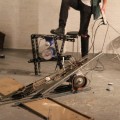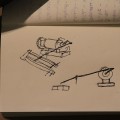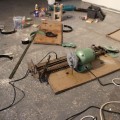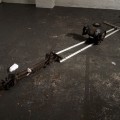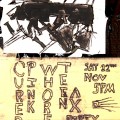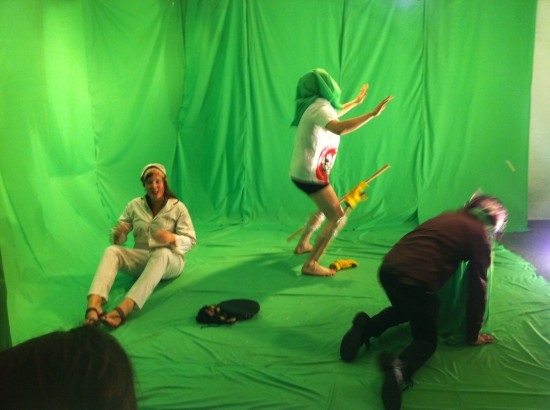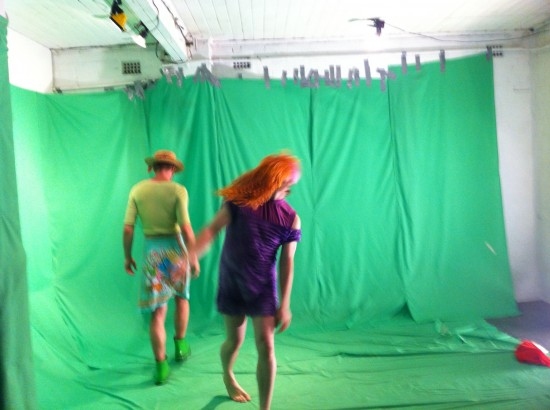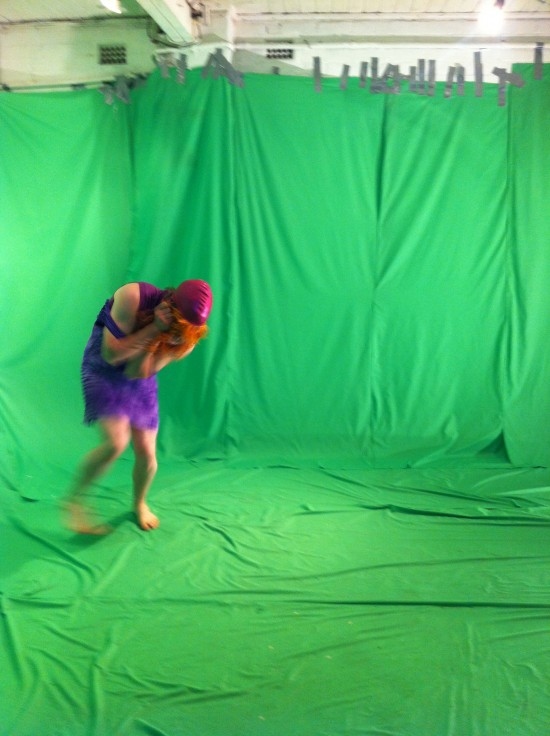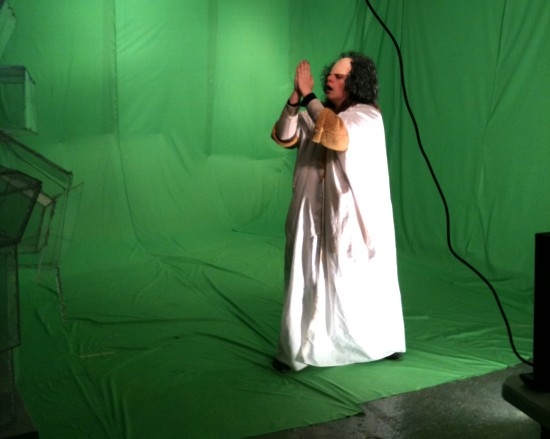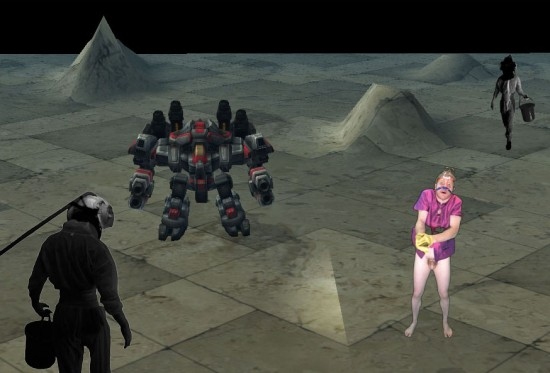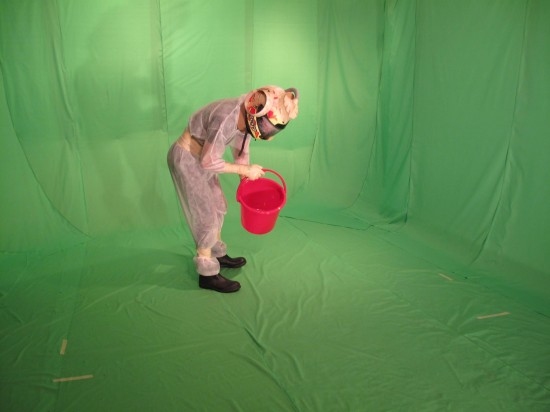Andrew McLellan Residency: STRING PLAYER / SOME FIELDNOTES ON DANGER
Sometimes the most simple answer is the best one, though perhaps not the correct one.
After I had damaged sparking, unpredictable machines by putting myself between them in a closed room of around twenty to thirty spectators, many of those present had one or two things to ask and tell me about the element of danger: a threat to the safety of those present, and a personal risk to my own health.
One friend pointed out that if I were to seriously injure or suffer a fatal blow during my own performance, I would be remembered for doing something very stupid that was unintentional. For him, while elements of a performance address risk and chance, it is approached from an interest in sound as an artform. The context is not performance or body art; I am not asking great questions about my bodily vessel and its representation. Since I have not adequately asked these questions with sufficient clarity, a unintentionally wrong turn would be a gross mistake. So should I pursue the context of contemporary performance art or withdraw behind a control panel? Neither seems an inviting option.
Though as I am both a fifth-rate performance and sound artist, I feel the need to choose between these roles and delineate a form compromises things. Aligning with either warrants a discourse and context that determine the rules of engagement. It seems much easier to do away with titles that concern how any work is received. It seems easier to take the concerns of spectators out all together. Though the seperation of audience and performer is elastic.
It is not simply about the sound generated, the movements of the machines or a performance among them.
And what about the safety of others? And how do you cut back the risk to an audience member if it seems to be clear that confrontation is the overriding factor of interest?
In a climate where comfort is equated with safety and safety is equated with surveillance, it seems that we are being asked to plastic wrap and guard everything as a token of communal diligence. To be altruistic is to contain the bubble. Risk is a very selfish thing. Another friend felt that to be fatalistic would be to blame those in harms way on their interaction, the individuals decision.
Perhaps pulling back the confrontation means to keep it as a semblance and possibly a representation. Perhaps it is an unnecessary worry until the worst occurs.
